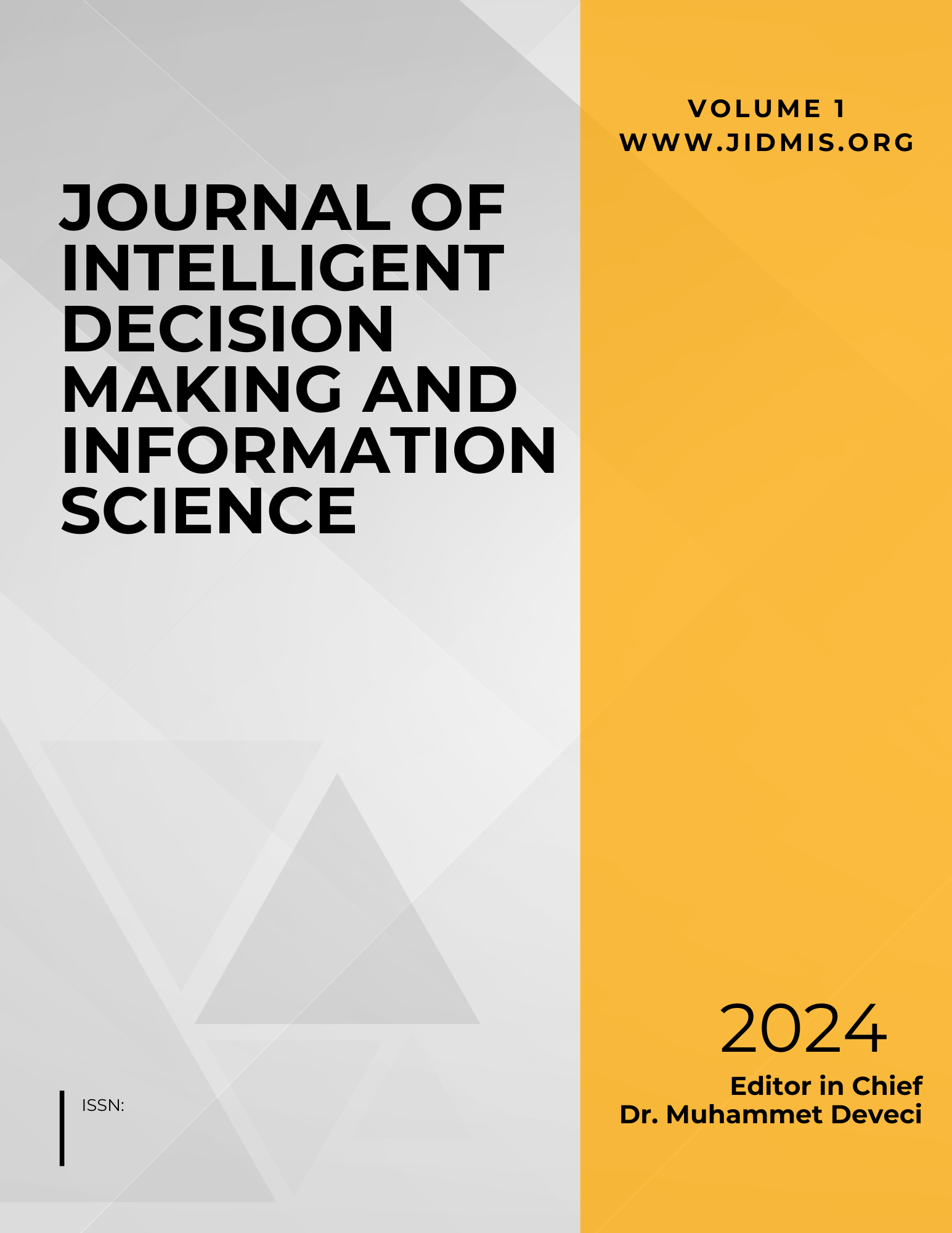Sustainable Urban Mobility in Istanbul: Transition and Planning
DOI:
https://doi.org/10.59543/jidmis.v1i.11269Keywords:
mobility transitions, planning, Istanbul, Sustainable urban mobilityAbstract
Sustainable urban mobility reduces environmental impacts, promotes social equity, and increases economic efficiency. This paradigm aims to improve the long-term quality of life of individuals, communities, and cities. Urban mobility in Istanbul is on the way to becoming more sustainable with plans and projects undertaken; however, there are still issues such as poor air quality, worsening traffic density, noise, and inefficient public transport. The inadequacy of existing public transport systems in the city causes many people to use private vehicles, which increases problems such as traffic congestion and environmental pollution. This paper presents an overview of the state of sustainable urban mobility in Istanbul regarding its transition management and planning. An overview of key planning changes and transport projects and key challenges must be addressed to achieve sustainable urban mobility.
Downloads
Published
How to Cite
Issue
Section
License
Copyright (c) 2024 Fatih Canitez

This work is licensed under a Creative Commons Attribution 4.0 International License.
JIDMIS is published Open Access under a Creative Commons CC-BY 4.0 license. Authors retain full copyright, with the first publication right granted to the journal.











